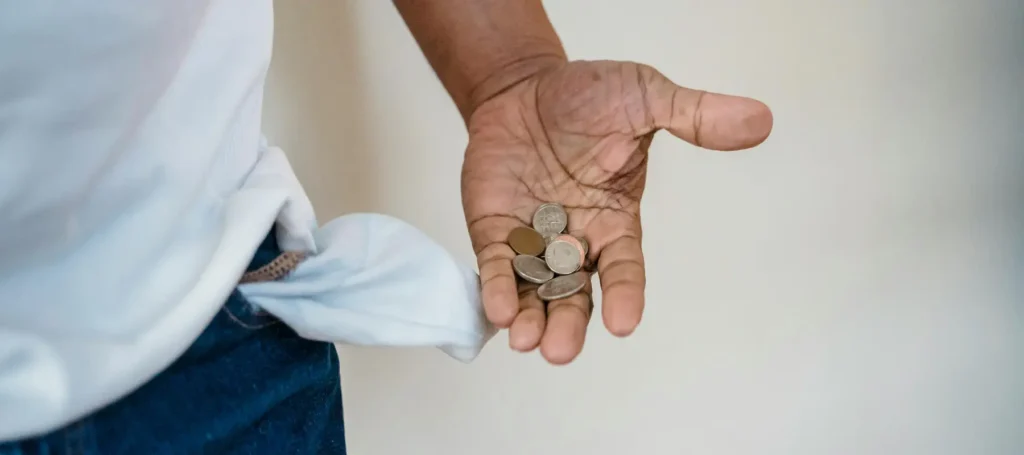You know that awkward moment when you send the third reminder invoice with the subject line “just in case you forgot”… and deep down you already know you’re not getting paid easily. Don’t worry: there are legal tools to claim what’s rightfully yours.
In this guide from Legal Allies, we explain what you can do legally if a client doesn’t pay, from out-of-court strategies to fast and effective legal actions.
What can you do legally in Spain if a client doesn’t pay?
If you find yourself in this situation, don’t panic—Spain provides solid legal tools to recover debts from non-paying clients. Let’s take a look at the key steps.
Step 1: Make sure everything is in order
Before unleashing legal hell, check the following:
- The service or product was delivered correctly.
- There’s a contract, signed quote or written acceptance (email, WhatsApp, etc.).
- The invoice was issued properly and the payment deadline has passed.
- You’ve made at least one friendly attempt to collect.
Legal Allies Tip: No signed contract? Don’t panic. Emails, accepted invoices, or delivery confirmations can often serve as valid evidence.
Step 2: Send a formal payment request
If friendly reminders don’t work, level up: send a formal payment request, preferably via registered post or certified email.
It should include:
- Debtor and creditor details.
- Breakdown of the debt (invoice, amount, due date).
- Deadline to pay (usually 7–15 days).
- Warning that legal action will be taken if unpaid.
This step isn’t just for pressure—it’s also key evidence if you go to court.
Step 3: Take legal action if a client doesn’t pay
1. Order for Payment Procedure (Proceso Monitorio)
Perfect for claiming clear, overdue, and enforceable debts—like unpaid invoices.
Advantages:
- Very fast and no lawyer required if the debt is under €2,000.
- If the client doesn’t respond within 20 days, you can request immediate enforcement (asset seizure).
2. Verbal or Ordinary Trial
If the client disputes the debt or it’s more complex (e.g., service quality issues), it turns into a verbal or ordinary trial.
You’ll need:
- A lawyer and court agent if the debt exceeds €2,000.
- Clear evidence of service provided or product delivered.
What if the client is broke?
You can:
- Investigate assets (bank accounts, vehicles, real estate).
- Request a seizure if you win the case.
- Add the client to debt registries (ASNEF, RAI…).
Legal Allies Tip: Even if the client’s in crisis, they often react when things get serious. Don’t underestimate the power of a letter with legal letterhead!
Can you claim interest and expenses when a client doesn’t pay?
Yes. Your claim can include:
- Legal or contractually agreed interest.
- Legal costs.
- Compensation for collection costs under the Late Payment Law.
What if the non-paying client is abroad?
You can still claim, even within the EU. Useful tools include:
- European Payment Order.
- International claims with specialized legal support.
At Legal Allies, we handle this in multiple languages with certified legal translators. Because debtors exist everywhere… and you have the right to get paid.
A non-paying client doesn’t have to mean a lost cause. With the right legal tools, you can recover your money efficiently, legally, and with enough pressure to make the debtor think twice before delaying payment again.
At Legal Allies, we help you:
- Draft effective payment requests.
- Start order for payment procedures across Spain.
- Negotiate with debtors or enforce judgments.
- Translate and pursue claims abroad.
Got a client who hasn’t paid and don’t know where to start?
Contact us and we’ll guide you—no strings attached!




